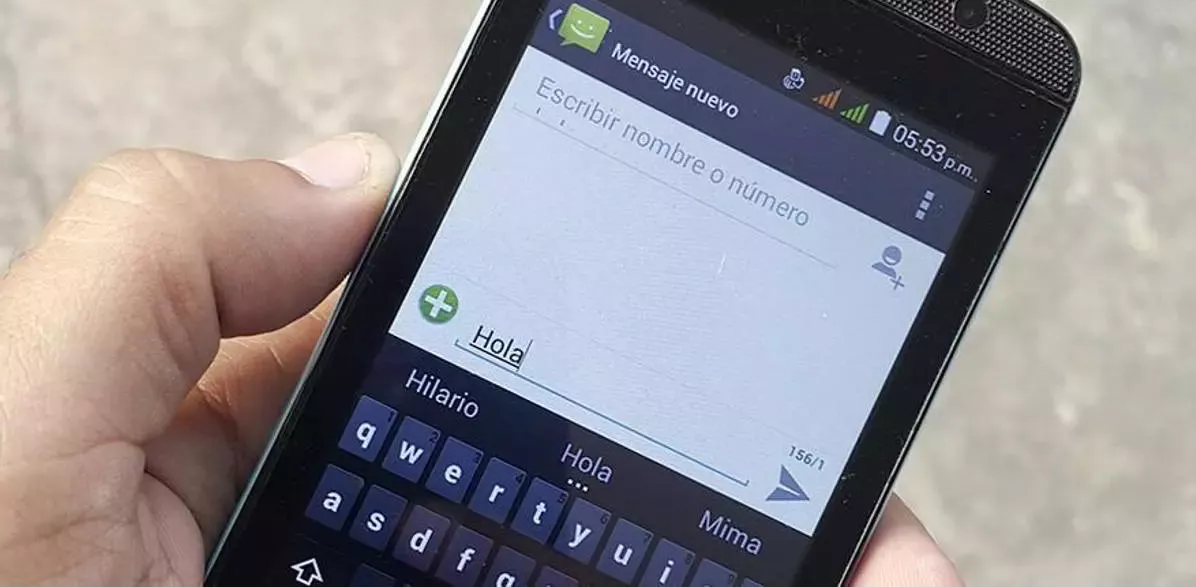HAVANA, Cuba. – Today, both Nauta email and SMS in Cuba are tools of mass communication, but they also represent an open door for surveillance and control by the authorities.
ETECSAthe state telecommunications monopoly in Cuba, absolutely controls Nauta mail services and the sending of SMS messages between telephone lines on the Island. As it is the only authorized provider, millions of users depend on these services, often compromising their privacy.
All message and email traffic passes through ETECSA servers without data protection guarantees. Email under the nauta.cu domain is managed entirely within the country, which allows all messages sent or received that contain @nauta.cu to potentially be read by anyone within the ETECSA offices.
The state-owned company responds directly to government authorities, so it has the power to access and expose any user account when asked.
On the other hand, the content of the emails can be analyzed through systems that apply filters and track keywords, activating alerts if “sensitive” terms are detected.
A similar example occurs with SMS messages, where a filter prevents the delivery of messages that contain words such as “demonstration”, “repression”, “dissident”, “dictatorship”, “VPN”, “Psiphon”, among others. They even filter names of opponents and organizations that trigger automatic blocking.
The Nauta email service was launched in 2014, long before Cubans had internet access on their mobile phones. At that time, many users found ingenious ways to use Nauta mail to browse the Internet, often with third-party applications. According to official data, millions of people created an account in this service, which was considered one of the few relatively inexpensive options to communicate abroad.















